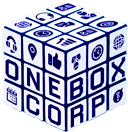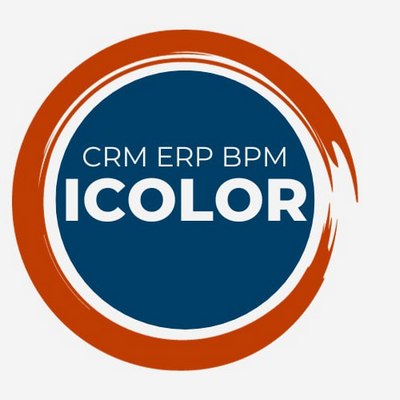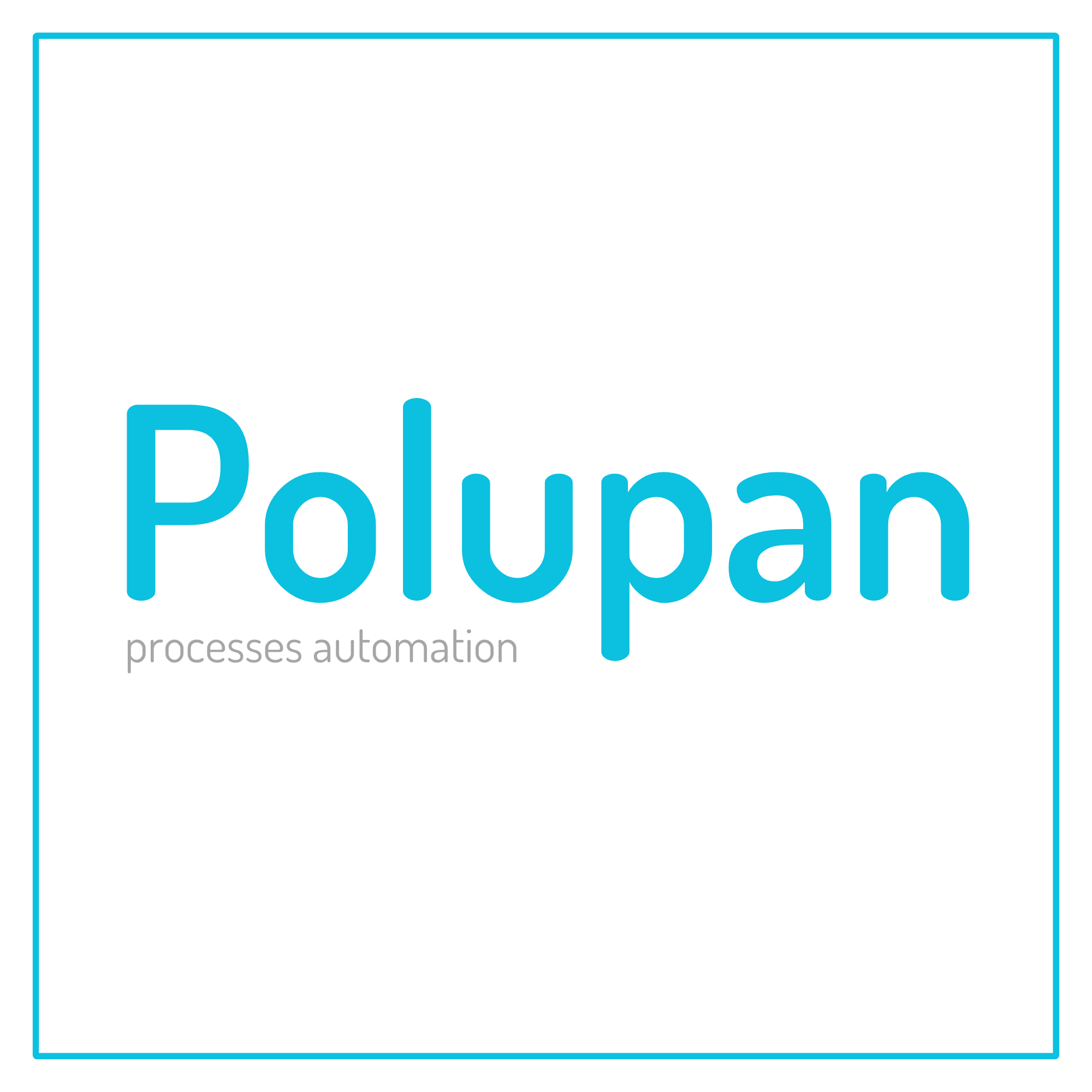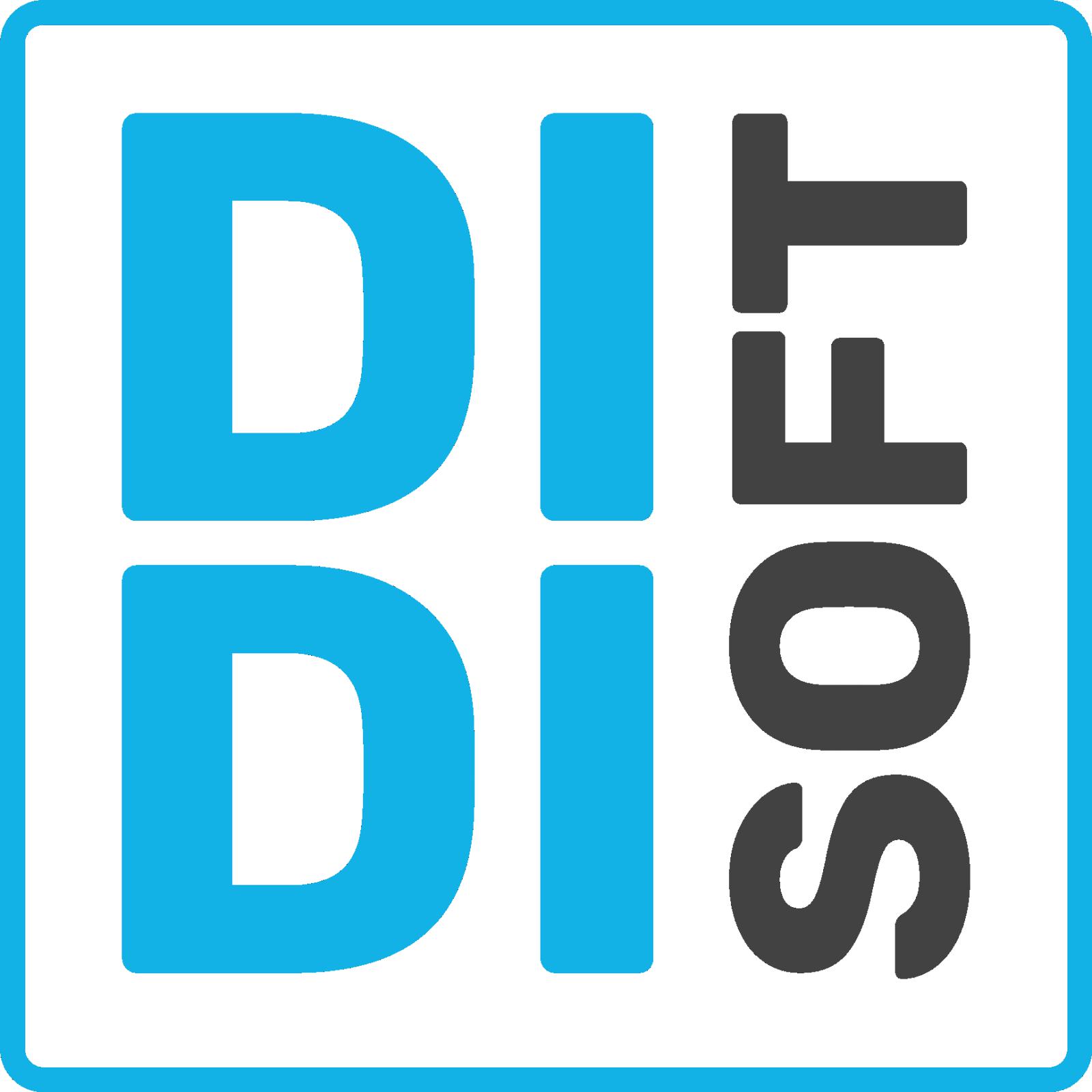Programs for the laboratory
Laboratory programs refer to software applications that are specifically designed to assist scientists, researchers, and technicians in various laboratory activities, such as data analysis, experiment management, and instrument control. These programs are crucial for conducting accurate and efficient experiments, as they help reduce errors and streamline laboratory workflows. Some popular examples of laboratory programs include data analysis software like MATLAB and R, electronic laboratory notebooks like LabArchives and SciNote, and instrument control software like LabVIEW and IGOR Pro. With the help of these programs, researchers can better manage their data, increase productivity, and ultimately advance scientific knowledge.
Laboratory programs offer a wide range of capabilities and functionalities that can help researchers and technicians in their laboratory work. Here are some examples of the features and benefits that laboratory programs can provide:
- Data analysis: Laboratory programs can help researchers analyze and visualize their data quickly and accurately. They provide tools for statistical analysis, graphing, and data manipulation, which can help identify patterns and trends in experimental data.
- Experiment management: Laboratory programs can help manage experiments and record experimental data. They provide electronic laboratory notebooks, which allow researchers to keep track of experimental protocols, observations, and results.
- Instrument control: Laboratory programs can control laboratory equipment and instruments, such as microscopes, spectrophotometers, and chromatographs. They provide a user interface that allows researchers to adjust parameters and settings, collect data, and monitor results.
- Automation: Laboratory programs can automate repetitive tasks, such as data collection, analysis, and report generation. This can help increase efficiency and reduce errors, allowing researchers to focus on more complex tasks.
- Collaboration: Laboratory programs can facilitate collaboration between researchers and technicians. They provide tools for sharing data, protocols, and results, which can help accelerate scientific discovery.
- Security: Laboratory programs can ensure the security and integrity of experimental data. They provide features such as data backup, version control, and access control, which can help prevent data loss and ensure compliance with data security regulations.
- Integration: Laboratory programs can integrate with other software applications, such as electronic lab notebooks, scientific literature databases, and data repositories. This can help streamline laboratory workflows and increase productivity.
- Protocol management: Laboratory programs can help manage experimental protocols and standard operating procedures. They provide templates, checklists, and guidelines that ensure experiments are conducted consistently and reproducibly.
- Data visualization: Laboratory programs can provide interactive and customizable visualizations of experimental data. This can help researchers identify patterns and relationships that are not immediately apparent in numerical data.
- Quality control: Laboratory programs can help ensure the quality of experimental data by providing tools for data validation, error detection, and outlier detection. This can help improve the accuracy and reliability of experimental results.
- Electronic signatures: Laboratory programs can provide electronic signatures and audit trails, which can help ensure compliance with regulatory requirements and facilitate data sharing.
- Reporting: Laboratory programs can generate reports and presentations, which can be customized and formatted according to specific requirements. This can help communicate experimental results effectively to stakeholders, such as funding agencies, collaborators, and peer reviewers.
- Training and support: Laboratory programs can provide training and support to users, such as online tutorials, user guides, and technical support. This can help ensure that users are proficient in using the software and can maximize its potential.
Overall, laboratory programs provide a comprehensive suite of tools and features that can help researchers and technicians in various laboratory activities, making their work more efficient and effective.
Pricing Programs for the laboratory #
Discussions Programs for the laboratory #
Ask questions, discuss any question or idea about" Programs for the laboratory" our forum
Features Programs for the laboratory #
Integrators Programs for the laboratory #
This is a list of our partners who have experience or industry solutions in the area "Programs for the laboratory". They can build a custom CRM or ERP system for you on the OneBox platform.








































